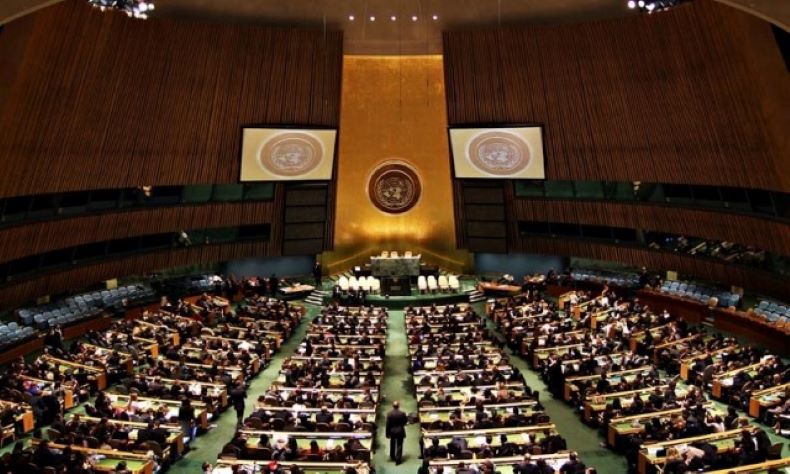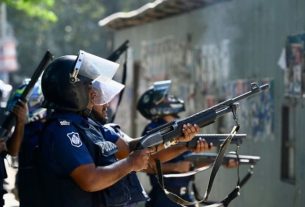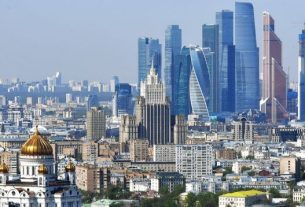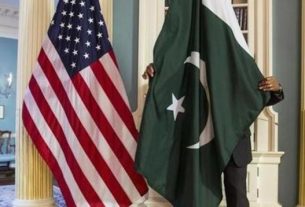UNITED NATIONS: Reform of the international system took centre stage at the 79th United Nations General Assembly, as world leaders and foreign ministers criticised global institutions for failing to address ongoing conflicts, humanitarian crises, and economic challenges.
UN Secretary-General António Guterres set the tone, acknowledging that global inequalities are reflected within international institutions. He pointed out that the UN Security Council was established by the victors of the Second World War, during an era when much of Africa was under colonial rule. Guterres emphasised the need for African representation on the Council, whilst recognising that those with political and economic clout may resist such changes.
Turkish President Recep Tayyip Erdogan echoed these sentiments, arguing that the UN had become dysfunctional and ineffective in fulfilling its founding mission. He reiterated his long-standing assertion that “the world is bigger than five,” referring to the Council’s five permanent members. Turkish Foreign Minister Hakan Fidan also highlighted the need for change at the Future Summit.
Brazilian President Lula da Silva called for a comprehensive overhaul of the UN Charter, focusing on the structure and working methods of the General Assembly and the veto powers of certain member states. Indian Prime Minister Narendra Modi stressed the importance of reform in global organisations like the UN, arguing that humanity’s success lies in collective efforts for global peace rather than conflict. South African President Cyril Ramaphosa denounced the Security Council’s current structure as “outdated and exclusionary,” calling for greater representation for African nations and other underrepresented groups.
Australian Foreign Minister Penny Wong urged that reforms should address the needs of all nations, rather than simply expanding the influence of a privileged few. New Zealand’s UN Representative, Carolyn Schwalger, also called for Security Council reform.
UN’s Failure to Address Conflicts
Several leaders voiced concerns over the UN’s inability to manage ongoing conflicts effectively. Jordan’s King Abdullah II warned of a crisis threatening the UN’s legitimacy and moral authority. Maldivian President Mohamed Muizzu called for bold action to halt “the genocide war in Gaza” and advocated for full UN membership for Palestine.
Indonesian Foreign Minister Retno Marsudi emphasised that one of the strategic aims of the UN’s Future Summit is to create a “comprehensive world order” and called for more coherent and effective global governance, including Security Council reform. Tajik President Emomali Rahmon urged the UN to take more proactive steps to coordinate global efforts towards sustainable development.
Serbian President Aleksandar Vucic insisted that the UN must end its double standards to restore credibility. East Timorese Prime Minister Xanana Gusmao described the Security Council as “unrepresentative of today’s realities,” while Italian Prime Minister Giorgia Meloni argued that reforms must benefit all, not just a select group.
Towards a New Global Framework
The call for reform extended beyond the Security Council to other international institutions. Kyrgyzstan’s President Sadyr Japarov described the Future Summit as a unique opportunity to lay the foundations for a new global framework that serves all nations, not just the elite. Iranian President Masoud Pezeshkian urged urgent reforms in the governance of international financial institutions to ensure fair representation for developing countries.
Meanwhile, French President Emmanuel Macron, speaking at a separate event in France, criticised the current international system as “incomplete and unfair,” highlighting the underrepresentation of many populous countries.





